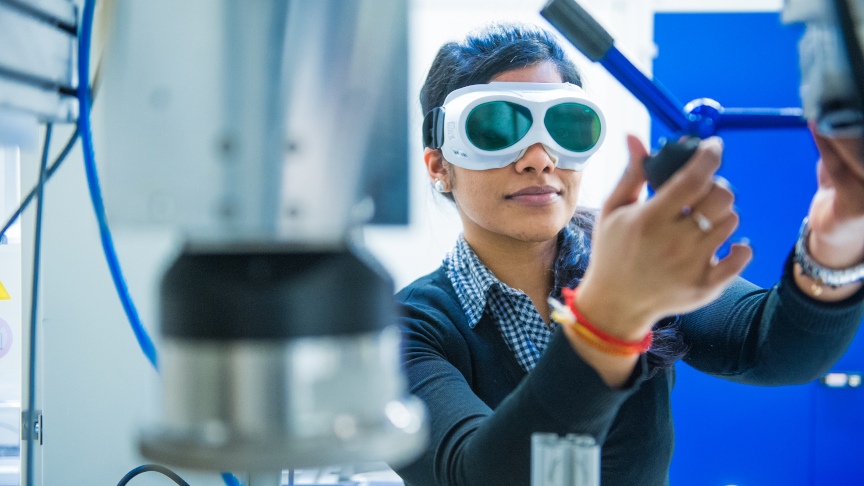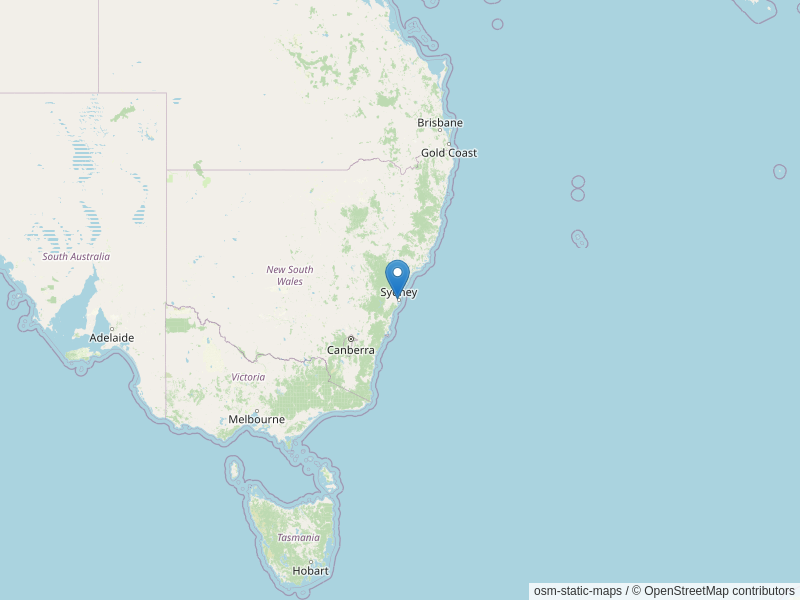DAAD VISITING LECTURER PROGRAMME
Assoc. Prof. Edwards’ guest lectureship at the Fulda University of Applied Sciences
Changes in perspective help us to gain new insights and promote the exchange of knowledge. This was also the experience of Assoc. Prof. Niki Edwards, a DAAD Visiting Professor from the University of Southern Queensland. Prof. Edwards is a lecturer and researcher in the field of social work, health, and well-being and came to teach at Fulda University of Applied Sciences in the winter semester of 2022/23. Prof Edwards’ guest lectureship also opened opportunities to stimulate and initiate collaborations between researchers and universities. “I return to the University of Southern Queensland with innovative approaches to curriculum design, teaching, and innovations in pedagogy. There are research partnerships that are being explored and that will be activated.” Her teaching visit was funded by the DAAD Visiting Lecturer Programme. (Photo: Assoc. Prof. Niki Edwards and Prof. Karim Khakzar, President Fulda University of Applied Sciences)

